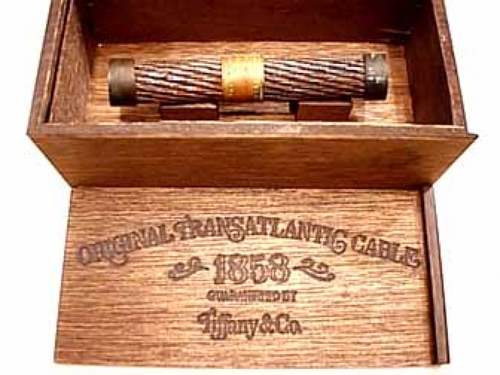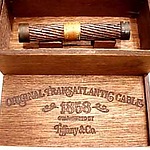Everyone is always taught that a choice isn’t worth it, if it comes with a high risk. And if the risks are not known, well then you should probably really think it over once more. From a business perspective, three different types of risk are known. There is normal risk, where you know what will happen and how likely it will be. Then there is uncertainty, where the possible outcomes of a choice or innovation are known but it is uncertain how likely it is that they will happen. Finally there is ignorance, in which case neither the possible outcomes nor their likelihoods are known. Ignorance, however, is possibly the most important type of risk there is. Think about it, where would we be if some of the pioneers we know from the history books would not have stared right into the face of the unknown and continued their innovations anyway?
Take for example the Wright brothers, famous for being the first people to ever take flight. While the risks when flying now are greatly reduced, but still frequently exaggerated, the Wright brothers faced almost certain death. What would a modern risk evaluation produce in this situation? A prototype flying machine build by two men without any kind of safety measures, any objective method would discourage such shenanigans. But by ultimate bravery, and perhaps stupidity, the Wright brothers became the pioneers of the flying industry. Without their refusal of objective risk evaluation, how long would it have taken any other person to try and attempt flight?
Another case of high risk high gain is that of the first transatlantic communications cable. Since telegraph was introduced in 1839, communications on continents was speeded up considerably, but communications across continents was still slow. From British America, as it was

History shows that if people are able to gaze through the ignorant risks, they are capable of achieving revolutionary things. The examples given above are just two of many cases of truly radical innovations that enabled the way we live today. In fact, I am willing to take the risk of saying that any revolutionary innovation throughout history was only achieved by taking great risks, whether they be uncertain or even ignorant. Truly the only way to achieve high gain, is by taking great risk.
Source used: https://en.wikipedia.org/wiki/Transatlantic_telegraph_cable


